The Portico Library first opened its doors in 1806, just months before parliament voted to abolish the Atlantic slave trade. The Library’s founding members included both high-profile abolitionists and pro-slavery campaigners. Manchester’s dramatic growth in population and prosperity in this era was closely linked to slavery, and as a result, many Mancunians were supporters of the brutal system, while others were equally committed to its abolition.
Bittersweet: Legacies of Slavery & Abolition in Manchester is an exhibition sharing stories of the Atlantic slave trade and its consequences in Manchester and around the world, with original artefacts, contemporary artworks and new research from The Portico Library, Manchester Art Gallery, Tiwani Contemporary and private collections.
Narrative of the Life of Frederick Douglass, Frederick Douglass, 1846
Kindly loaned by Lubaina Himid and the Institute for Black Atlantic Research (UCLAN)
This exhibition focuses on the numerous ways in which the city of Manchester and its inhabitants, particularly those who were involved with The Portico Library in its early years, were connected to the history of slavery and its abolition. Through the display of historic texts, images, maps, and artefacts, it explores the ways in which late Georgian concepts of gentility rested upon the practices and profits of slavery. It also includes works in various media, created by artists with African heritage, which dramatise the relationships between ‘home’ and ‘away’, empire and colony, enslavement and freedom, all topics of constant debate within The Portico Library and on the streets of Manchester at the dawn of the 19th century.
The artists:
• Lubaina Himid began her career in the 1970s working in theatre design before becoming one of the most influential visual artists working in Britain in the 21st century. Winner of the Turner Prize in 2017, she has achieved international acclaim for a series of solo and group exhibitions including 'The Place Is Here' at Nottingham Contemporary and 'Naming the Money' at the Walker Art Gallery, Liverpool.
• Mary Evans is a Nigerian artist based in London whose evocative site-specific installations reflect on the impact of tragic and brutal moments in history. Her cut-out silhouettes build on the classical tradition of portraiture to question ideas around representation, cultural change and globalisation. She has exhibited extensively including at EVA International (Ireland), The Southbank Centre (UK), Baltimore Museum of Art (USA), The Bonnefanten Museum (Netherlands) and The Museum of Mexico City (Mexico).
• Keith Piper is a founding member of the BLK Art Group, the influential collective that mounted The Pan-Afrikan Connection series of exhibitions by young Black British artists between 1980 and 1984. Since then he has continued to teach and exhibit frequently, pioneering the use of early computer technology and innovating in collage, print and interactive art. His mixed media installation Lost Vitrines, included in this exhibition, was commissioned by the V&A in 2007 to mark the bicentenary of the abolition of the Atlantic Slave Trade.
Lubaina Himid
Mary Evans
Keith Piper
Researcher: George Dawes.
• George Dawes is a member of the Lancashire and Manchester Family History Society and has carried out extensive research into The Portico Library’s archives and many other sources to discover how the profits of slavery were shared across the North West and the political ramifications of this network.
Historian: Dr Natalie Zacek
• Natalie Zacek is a senior lecturer in English and American Studies at the University of Manchester and initiated this exhibition. She is on the editorial board of the Royal Historical Society’s New Historical Perspectives series and received her PhD from Johns Hopkins University in 2000. She is active member of the American Studies Research Group and the World Histories Group at UoM, and is affiliated with the Centre for the Study of Gender, Sexuality, and Culture and the Centre for Latin American and Caribbean Studies. She is a member of the Royal Historical Society, the American Historical Association, the British Group in Early American History, and the Omohundro Institute of Early American History and Culture. In 2010 Natalie was awarded a UoM Community Service and Volunteer of the Year award for her involvement with the Manchester branch of the Samaritans. She is actively engaged in sharing her research and teaching expertise beyond the academic community and has taught several modules on slavery, abolition, and the American Civil War through the University's continuing education programme, led a workshop on the relationship between capitalism and transatlantic slavery at the Manchester Central Library, and given talks on black history at the Manchester Histories Festival and to community and school groups.
The Portico Library
The Library’s first Chairman John Ferriar was a passionate anti-slavery campaigner and activist, but other early members, including wealthy cotton merchants, signed petitions for the continuation of the trade. Ferriar’s abolitionist play The Prince of Angola was based on Aphra Behn’s Tragedy of Oroonoko, and was designed to promote the cause.





